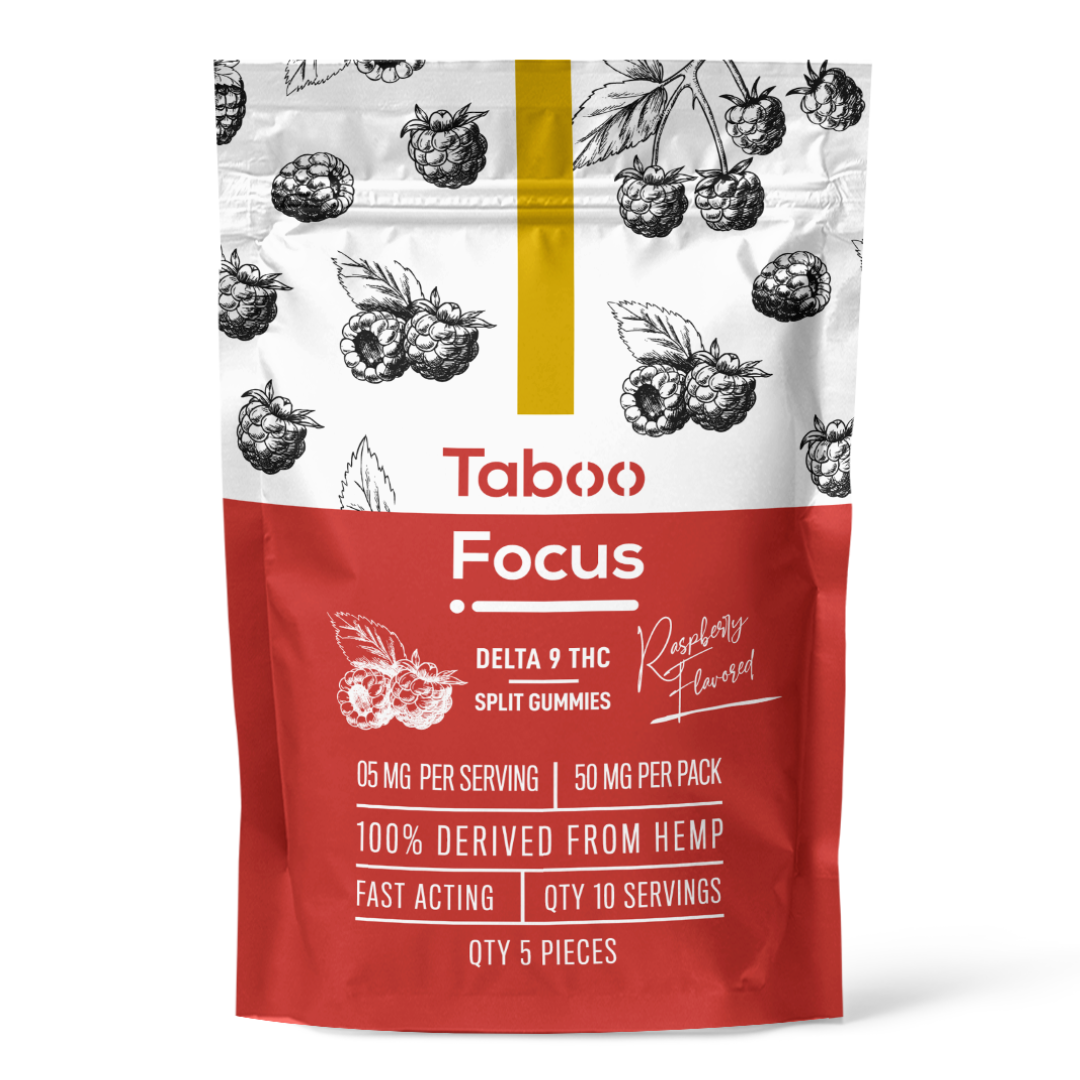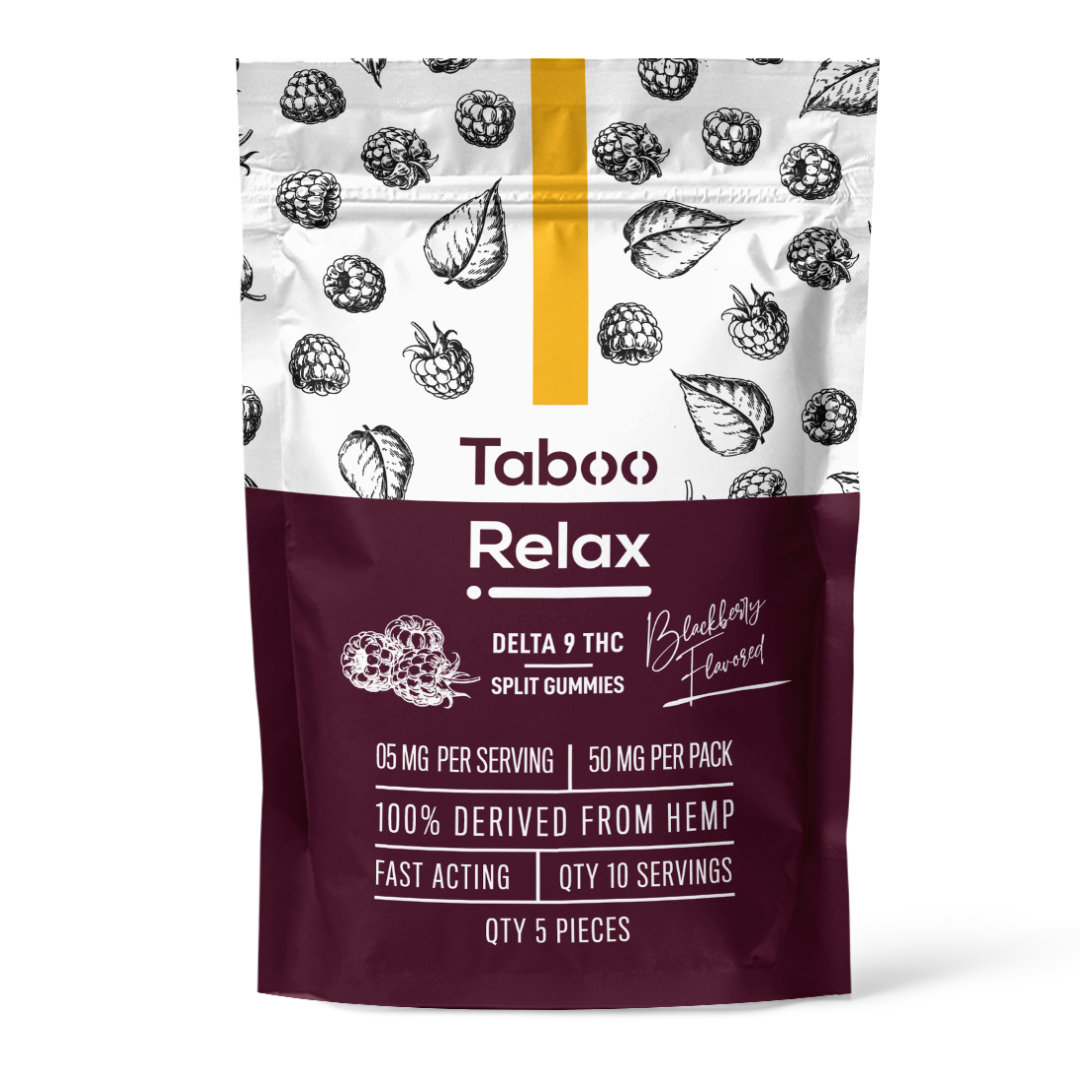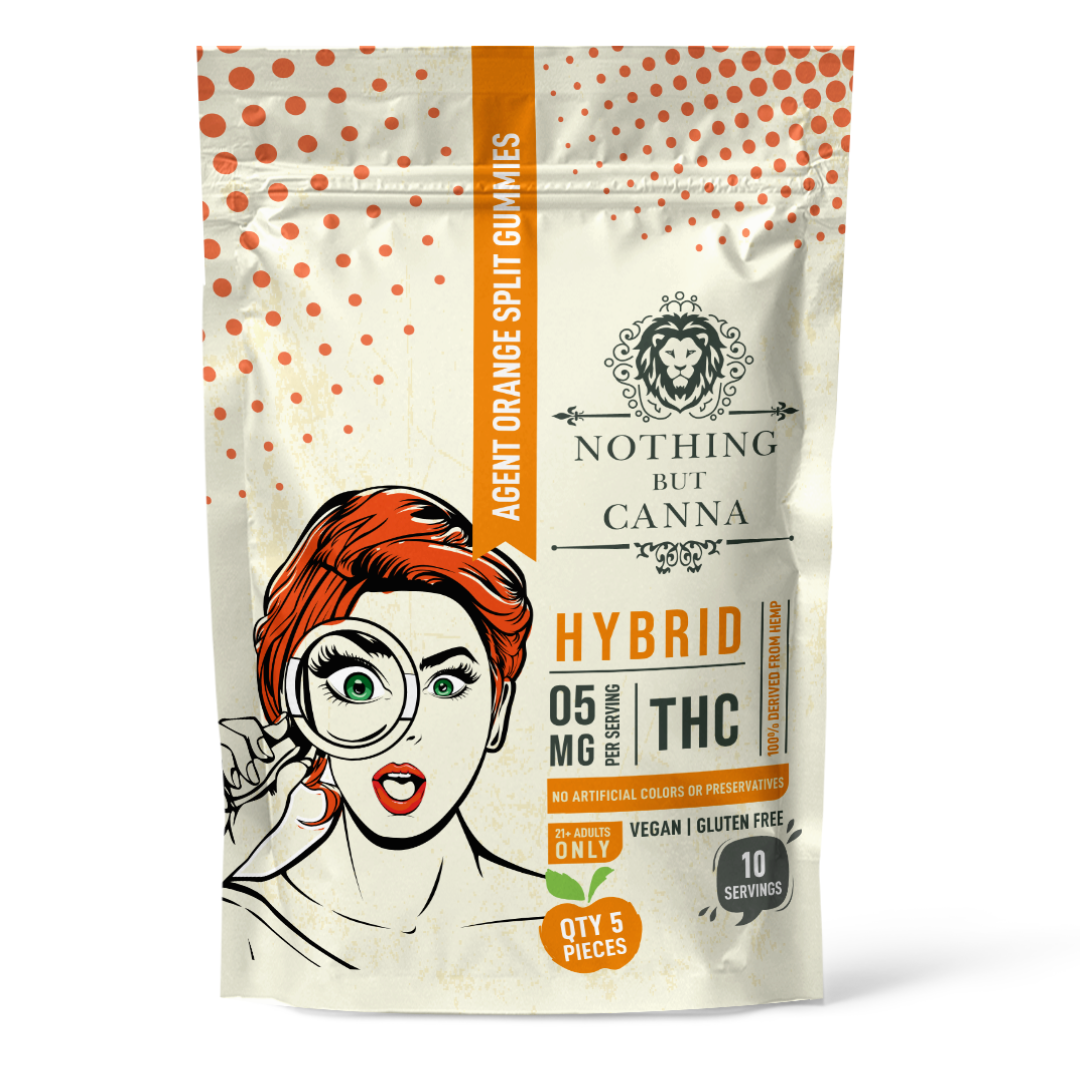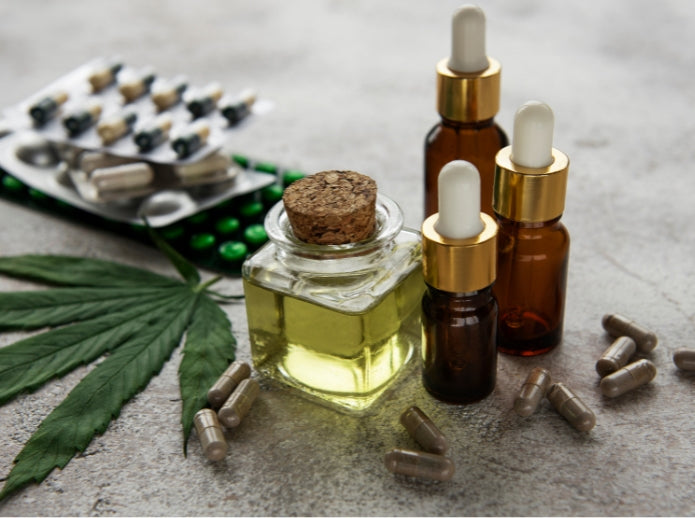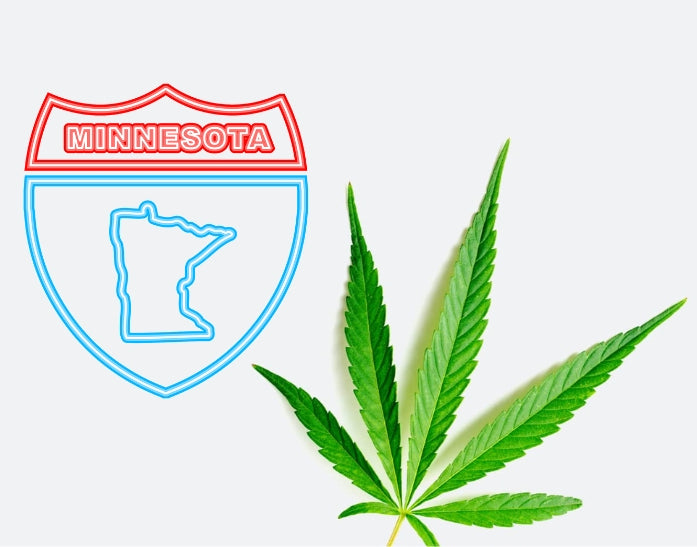Both chambers of the state governing body passed measures to create a comprehensive framework of rules governing the manufacture, sale and distribution of hemp products.

It has been a rather tumultuous and historic legislative session for lawmakers in Tennessee this year. With the controversial and legally questionable removal of two young state representatives of color over a debate for common-sense gun control following yet another senseless and tragic school shooting, the state's general assembly has been the focus of national rancor and heavy criticism for the blatant racism and hypocrisy of many of its entrenched leaders.
To perhaps add a more positive view of the state's government concern for its citizens and their welfare, lawmakers in the House and Senate addressed another hot-button topic for local lawmakers across the country. As first reported by Fox 13 Memphis, both chambers passed legislation to address the widespread proliferation of products containing hemp-derived cannabinoids this week.
Deemed the "most substantive cannabis regulatory legislation in Tennessee history" by pundits and GA watchers, the entire General Assembly approved HB 403 and SB 378. The measure will now head to the desk of Gov. Bill Lee (R), who is expected to sign it into law.
The effort to create and enact the measure designed to curtail the spread of the largely unregulated and potentially dangerous hemp-derived cannabinoids is being spearheaded by Cultivate Tennessee. According to their website, CT is "a broad group of professionals" brought together "to deliver a well-balanced strategic approach to policy development in the cannabis industry."
Following the passage of both versions of the bill, Jason Pickle, Co-founder of Volunteer Botanicals and a Cultivate Tennessee board member, said, "This is a huge step forward for Tennessee in terms of helping define the industry by creating needed safety, accountability and consumer protection guardrails."
"This is a huge step forward for Tennessee in terms of helping define the industry by creating needed safety, accountability and consumer protection guardrails."
- Jason Pickle a Cultivate Tennessee Board Member
The issue of exactly how to address health and safety concerns regarding hemp and its derivative cannabinoids, like the politically toxic delta-8 THC variant, has been a challenge facing all states since the passage of the 2018 Farm Bill. That seminal legislation is a massive spending bill that Congress renegotiates and renews every five years.
About 80% of the $428 billion measure goes to fund nutrition programs like Supplemental Nutrition Assistance Program (SNAP) benefits, also known as food stamps. The five-year bill also helps shape rural development and what crops American farmers cultivate. What made the 2018 version of the bill unique from past iterations was its removal of hemp from the Controlled Substances List as an illegal narcotic.
The delisting mainly went unreported by media outlets, but it ushered in the creation of a new industry of hemp cultivation, hemp-based product manufacturing, distribution and retail sales. Some of the more popular and financially lucrative products include the versatile and polarizing CBD (Cannabidiol), which generated over $15.8 billion in 2022 and is expected to exceed $64 billion by 2032.
However, the bill also created some glaring loopholes allowing enterprising and morally questionable entrepreneurs the opportunity to use chemical synthesis processes to manufacture unregulated hemp-derived compounds like synthetic delta-8 THC.
As a result, products containing the compound began showing up in gas stations and convenience stores from Maine to Tennessee. In some cases, its consumption has led to underage children becoming severely ill and has even been attributed to the death of a Virginia toddler last year.
Tennessee lawmakers and organizations like Cultivate Tennessee are confident this comprehensive new law will help address the health and safety concerns and establish a solid foundation to help the still-young hemp industry grow.
The essential provisions of the measure include:
- A privilege tax of 6% on the sales price of these products, with revenue going to the state general fund
- Requirements for manufacturers and sellers to obtain a license from the Department of Agriculture
- Requirements for hemp-based cannabinoid products to be tested for safety and toxicity by an accredited laboratory
- The creation of child-resistant effectiveness standards for cannabinoid products, label warnings, disclaimers and mandatory one-year expiration dates on all items
- Criminal offenses for those individuals selling to or assisting someone under 21 to buy products containing hemp-derived cannabinoids
Devin Aracena, Co-chair of Cultivate Tennessee, added, "The only way for us to grow this industry and educate Tennessee consumers is to create an environment where trust and consumer confidence is paramount. We think this bill is an incredible first step in the next phase of the industry in the state."
"The only way for us to grow this industry and educate Tennessee consumers is to create an environment where trust and consumer confidence is paramount. We think this bill is an incredible first step in the next phase of the industry in the state."
- Devin Aracena, Co-chair of Cultivate Tennessee
While safety should always be paramount for products containing compounds like THC or CBD, legislators and state regulators must also enforce a fair and reasonable balance. Too often in this current wave of hemp crackdowns, organizations like Cultivate Tennessee have an economic stake in the future legalization of adult-use cannabis in the states they purport to keep safe from the ills of the unregulated hemp market.
States like Minnesota and Florida are already dealing with lobbying groups like CT, and the results have been economically and socially devastating for the hemp industry. Much like the incident involving the expulsion of the two young black legislators over the issue of gun control, it would behoove lawmakers and the citizens of Tennessee to keep an eye on precisely what this new law is actually accomplishing for the hemp industry. Unfortunately, some nefarious "foxes" may be guarding the "legislative hen house," and the biggest losers may end up being hardworking hemp business owners.











